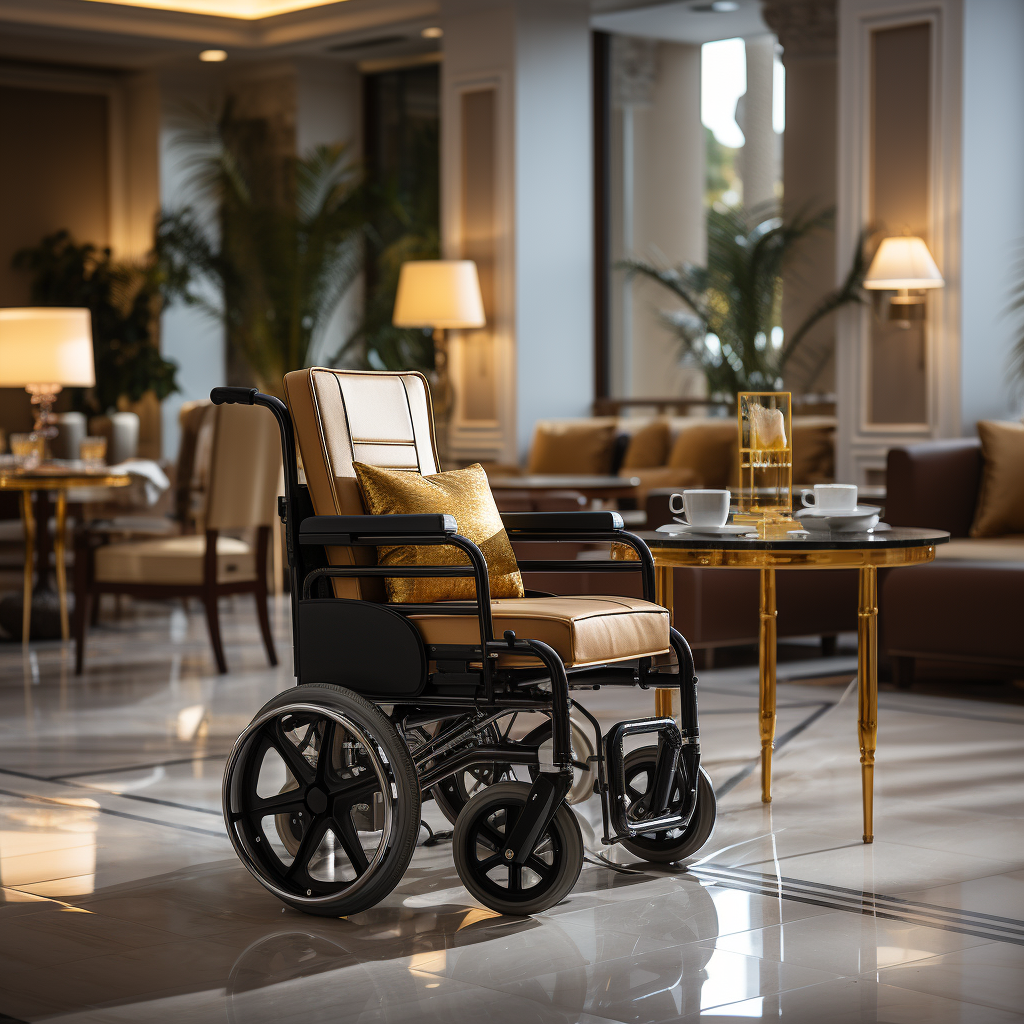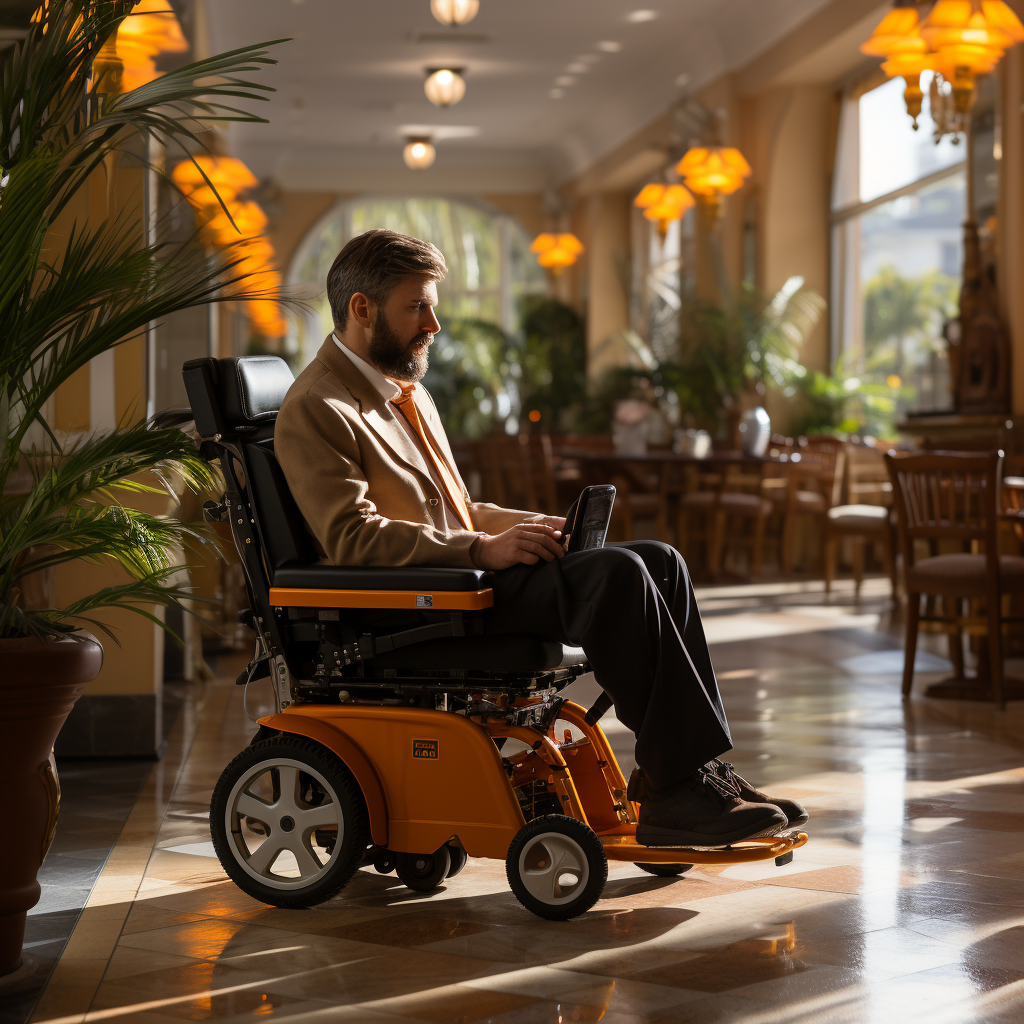Inclusive Service: Accessibility in Hotels
The Importance of Accessibility in Hotel Services
Legal Requirements
Understanding and complying with the Americans with Disabilities Act (ADA) is not just a legal requirement but also a moral one. Hotels that fail to comply risk legal repercussions and damage to their reputation. Moreover, compliance is a sign of a hotel’s commitment to serving all guests equally.
Expanding Your Guest Base
Making your hotel accessible can significantly broaden your customer base and improve overall guest satisfaction. By offering accessible features, you’re not only serving guests with disabilities but also the elderly and those with temporary mobility issues, thereby expanding your market reach.
Key Components of Accessible Hotel Services
ADA Compliance
From ramps to accessible rooms, ADA compliance is the first step in offering inclusive service. This involves not just physical modifications but also providing services like sign language interpreters for the hearing-impaired. Compliance should be viewed as an ongoing process, not a one-time setup.
Accessible Amenities
Amenities like accessible pools and gyms can make a significant difference in the guest experience. These features should be well-maintained and easily accessible, with clear signage and instructions to ensure that guests can use them without difficulty.
Training Staff for Inclusive Service
Sensitivity Training
Staff should be trained to assist guests with disabilities effectively and respectfully. This includes understanding how to communicate clearly and how to offer assistance without making the guest feel uncomfortable. Regular training updates can ensure that staff are always prepared.
Emergency Procedures
Training should also include how to assist guests with disabilities in case of an emergency. This involves understanding the specific needs of guests with different types of disabilities and how to evacuate them safely in case of an emergency.
Measuring the Effectiveness of Your Accessibility Features
Guest Surveys
Feedback from guests can provide valuable insights into the effectiveness of your accessibility features. Surveys should be designed to capture specific feedback on accessibility features and staff interactions, providing a comprehensive view of the guest experience.
Regular Audits
Conducting regular accessibility audits can help identify areas for improvement. These audits should be comprehensive, covering everything from physical infrastructure to staff training, and should result in actionable insights.
Case Studies: Accessibility Done Right
The Challenge
A hotel chain wanted to improve its services for guests with disabilities but didn’t know where to start. They faced challenges in both infrastructure and staff training, leading to a decline in guest satisfaction ratings.
The Solution
After a comprehensive audit and staff training, the hotel saw a 30% increase in bookings from guests requiring accessible features. They implemented changes ranging from installing ramps to offering braille menus, which significantly improved their service quality.
Future Trends in Hotel Accessibility
Technological Innovations
From voice-activated rooms to mobile apps for accessibility features, technology is playing a significant role in making hotels more accessible. These advancements offer guests the ability to customize their experience to suit their needs, making stays more comfortable and convenient.
Sustainability and Accessibility
Eco-friendly and accessible can go hand-in-hand, with features like solar-powered wheelchairs becoming more common. Hotels are finding innovative ways to make their operations both sustainable and accessible, setting new industry standards.









